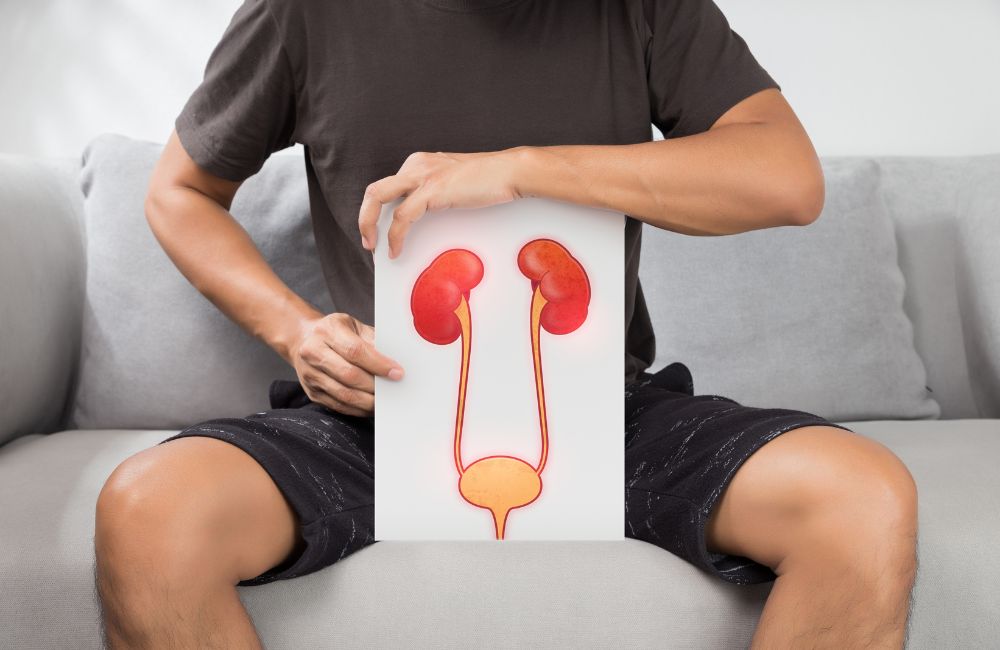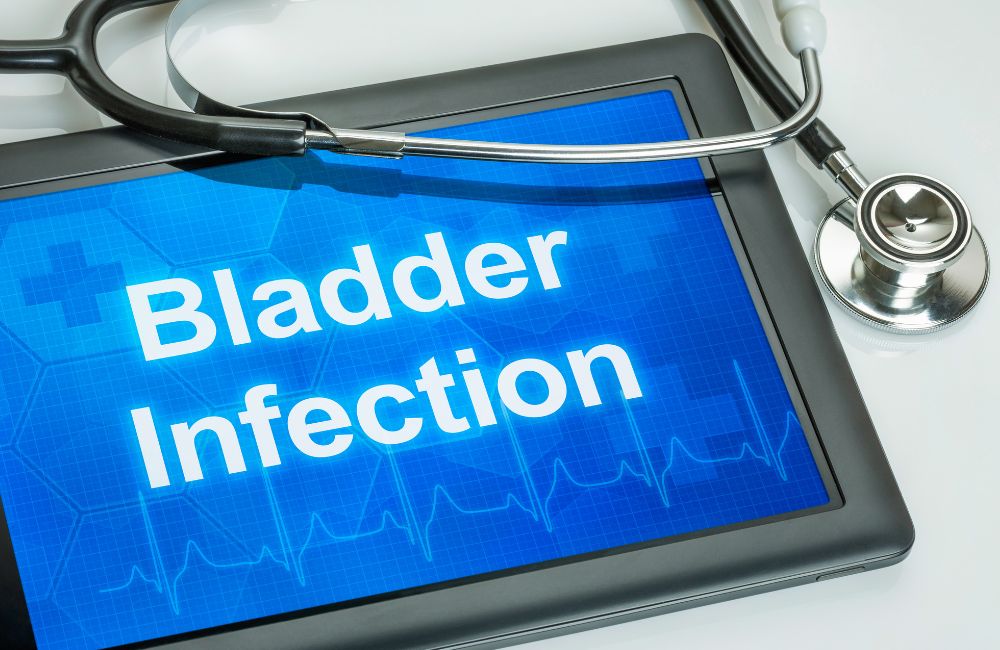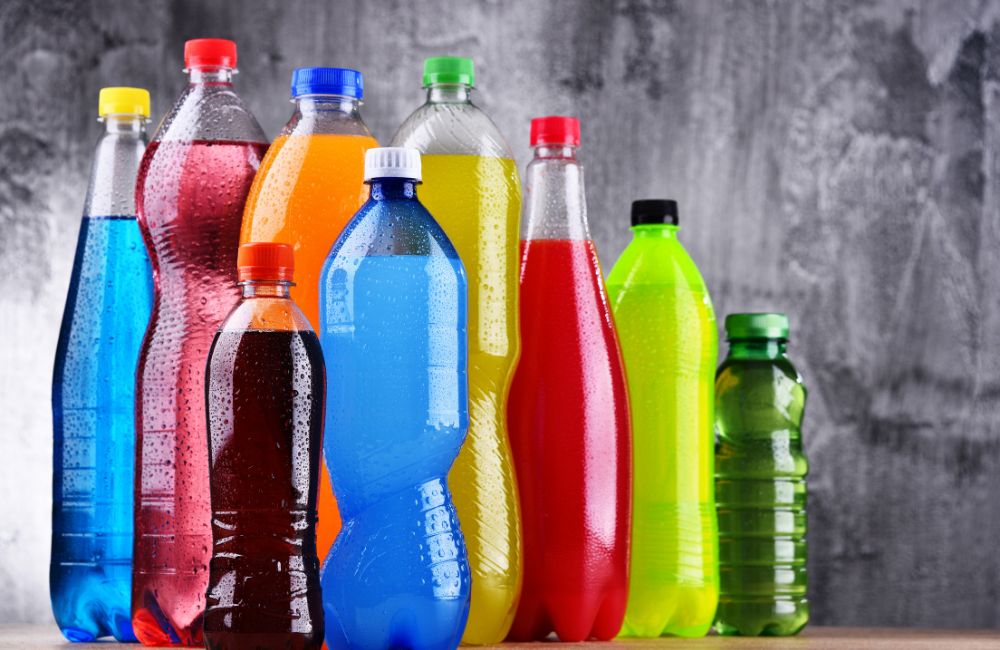
Bladder infections are a prevalent health issue affecting millions worldwide. These infections cause significant discomfort and, if untreated, can lead to more severe complications. Proper management of bladder infections is crucial, and one significant aspect of this management is diet. Certain foods can aggravate symptoms, prolong recovery, and cause further irritation. Here, we will delve into 12 foods that you should avoid if you have a bladder infection, based on recommendations from primary care doctors in Fairfield, CT.
Key Takeaways
What is a Bladder Infection?
12 Foods to Avoid if You Bladder Infection
1. Caffeine
2. Alcohol
3. Spicy Foods
4. Citrus Fruits and Juices
5. Tomatoes
6. Artificial Sweeteners
7. Carbonated Beverages
8. Chocolate
9. Processed Foods
10. Vinegar
11. Cranberries and Cranberry Juice
12. Dairy Products
Tips for a Bladder-Friendly Diet
Why Consulting a Primary Care Doctor in Fairfield, CT is Important?
Frequently Asked Questions
Get Expert Care for Your Bladder Infection Today

A bladder infection is a type of urinary tract infection (UTI) that primarily affects the bladder. It occurs when bacteria, most commonly Escherichia coli (E. coli), enter the bladder through the urethra and begin to multiply. Approximately 80 to 90 percent of UTIs are caused by E. coli. This leads to inflammation and infection of the bladder lining.
Bladder infections can range from mild to severe, and prompt treatment by primary care doctors in Fairfield, CT, is essential to prevent complications such as kidney infections.
Managing your diet is crucial when dealing with a bladder infection, and primary care doctors in Fairfield, CT, recommend avoiding the following foods to help alleviate symptoms and promote healing.
Caffeine is a well-known diuretic, meaning it increases urine production. While this might seem beneficial for flushing out bacteria, it can lead to more frequent urination and additional stress on an already irritated bladder. The increased urgency and frequency can exacerbate symptoms and discomfort.
Alcohol has a dehydrating effect, which can concentrate urine and irritate the bladder lining. It can also act as a diuretic, leading to more frequent trips to the bathroom and increasing bladder discomfort.
Spicy foods contain capsaicin, a compound that can irritate the bladder lining and worsen the symptoms of a bladder infection. This irritation can lead to increased pain, urgency, and frequency of urination.
Citrus fruits like oranges, lemons, limes, and grapefruits are highly acidic. This acidity can irritate the bladder lining and exacerbate symptoms such as burning and urgency.
Tomatoes and tomato-based products (sauces, soups) are acidic and can irritate the bladder lining. This can increase pain and discomfort for those with bladder infections.
Artificial sweeteners like aspartame and saccharin can irritate the bladder and exacerbate symptoms of a bladder infection. These chemicals can cause bladder spasms and increase the urgency and frequency of urination.

The bubbles in carbonated beverages can irritate the bladder lining and lead to increased symptoms. Sodas and fizzy drinks often contain caffeine and artificial sweeteners, which can further aggravate bladder issues.
Chocolate contains both caffeine and acidic compounds, which can irritate the bladder and worsen symptoms of a bladder infection. The combination of these irritants can increase pain and discomfort.
Processed foods often contain preservatives, artificial flavors, and additives that can irritate the bladder and prolong recovery from a bladder infection. These chemicals can cause bladder spasms and increase inflammation.
Vinegar is highly acidic and can irritate the bladder lining, leading to increased discomfort during a bladder infection. Even small amounts can trigger symptoms in sensitive individuals.
Cranberries and cranberry juice are often recommended for bladder health due to their ability to prevent bacteria from adhering to the bladder walls. However, their acidity can irritate the bladder in some individuals, particularly those with an existing infection.
For those who are lactose intolerant, dairy products can cause digestive issues such as bloating and diarrhea, which may indirectly irritate the bladder.
To manage bladder infections effectively, primary care doctors in Fairfield, CT, suggest following these dietary tips to soothe your bladder and support overall urinary health.
Seeking advice from a primary care doctor in Fairfield, CT, is essential for personalized care and effective management of bladder infections.
Primary care doctors in Fairfield, CT, can provide comprehensive care for bladder infections, including:
While some mild bladder infections can clear up on their own, it’s important to consult a primary care doctor, especially if symptoms persist, to prevent complications. Untreated infections can lead to more serious health issues, such as kidney infections.
Common symptoms include a frequent urge to urinate, pain or burning during urination, cloudy or strong-smelling urine, lower abdominal pain, and sometimes blood in the urine. These symptoms can cause significant discomfort and disrupt daily activities.
Over-the-counter UTI test strips can help detect signs of infection. However, it’s best to visit a primary care doctor for an accurate diagnosis and appropriate treatment. Professional testing ensures proper identification of the infection and suitable medication.
Lemon water can help keep you hydrated, which is beneficial for bladder health, but its acidity may irritate the bladder in some people. Consult a primary care doctor for personalized advice. They can recommend the best dietary choices for your condition.
The fastest way to cure a urine infection is through prescribed antibiotics from a primary care doctor. Drinking plenty of water and avoiding bladder irritants can also help alleviate symptoms. Early treatment can prevent the infection from spreading or worsening.

If you’re experiencing symptoms of a bladder infection, don’t wait for it to worsen. Visit DOCS Urgent Care & Primary Care Fairfield for expert diagnosis and treatment. Our experienced team of primary care doctors in Fairfield, CT, can provide personalized care to help you recover quickly and effectively. Schedule your appointment today to ensure your bladder health is in good hands. For residents of Fairfield, CT, seeking prompt and professional medical attention is just a call away.
Contact us today!



During this surge in COVID-19 cases, our primary focus is meeting the high demand for tests, and we are seeing higher than usual wait times. This means we are unable to answer most phone calls. Please know that our teams are working very hard during this time to care for as many patients as safely as possible. Please click the button below for answers to common questions. We appreciate your understanding.